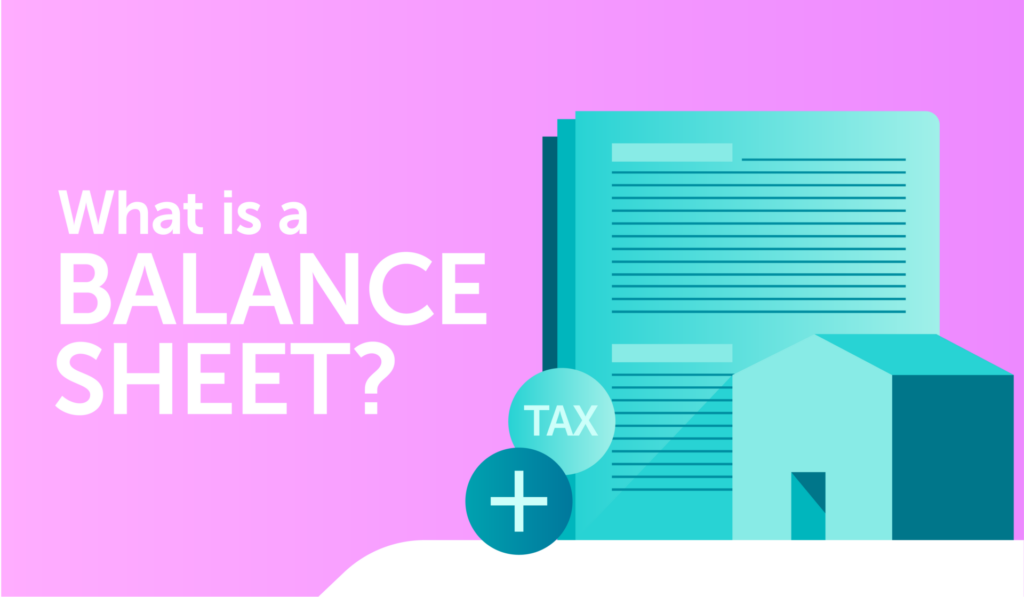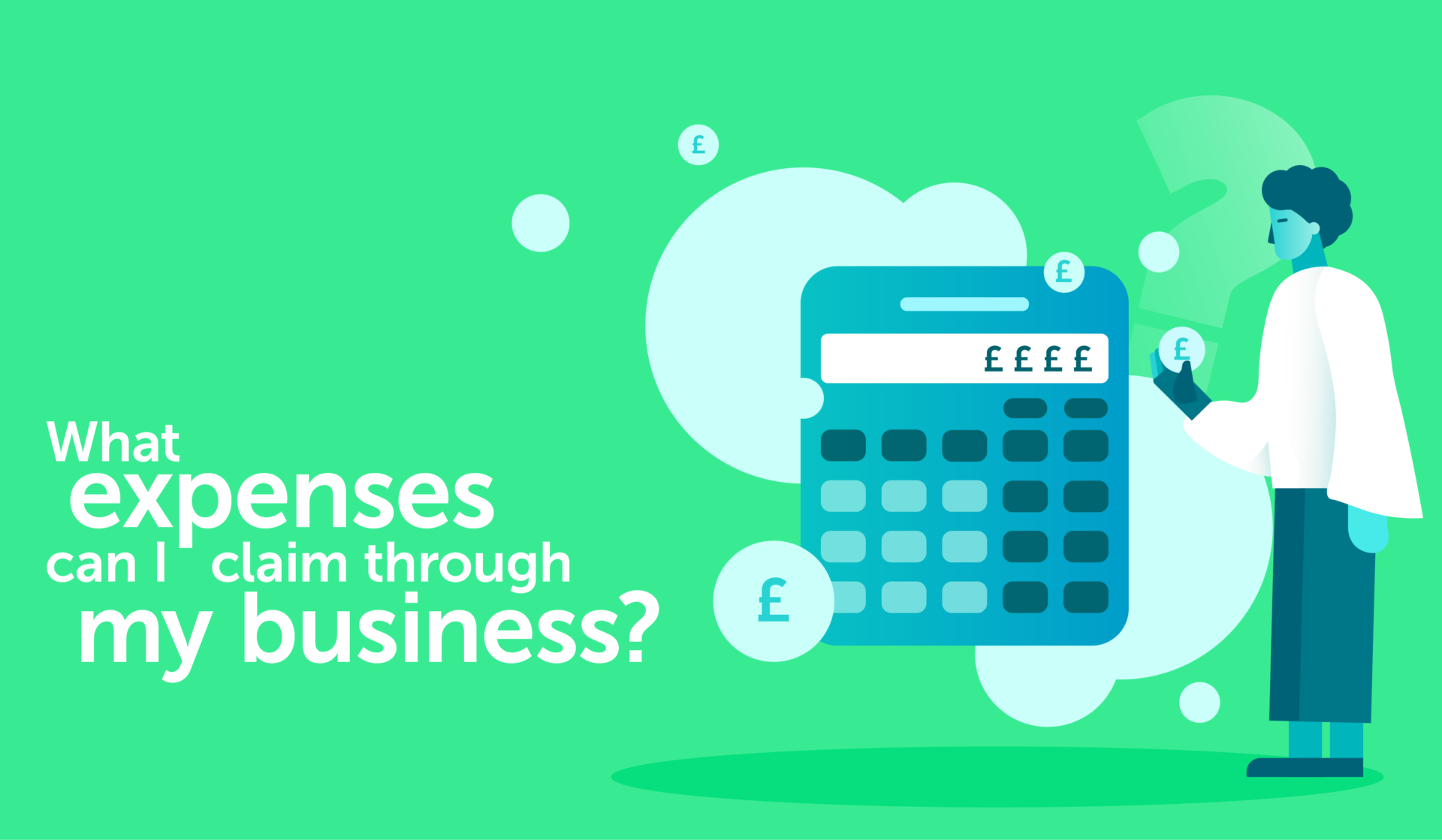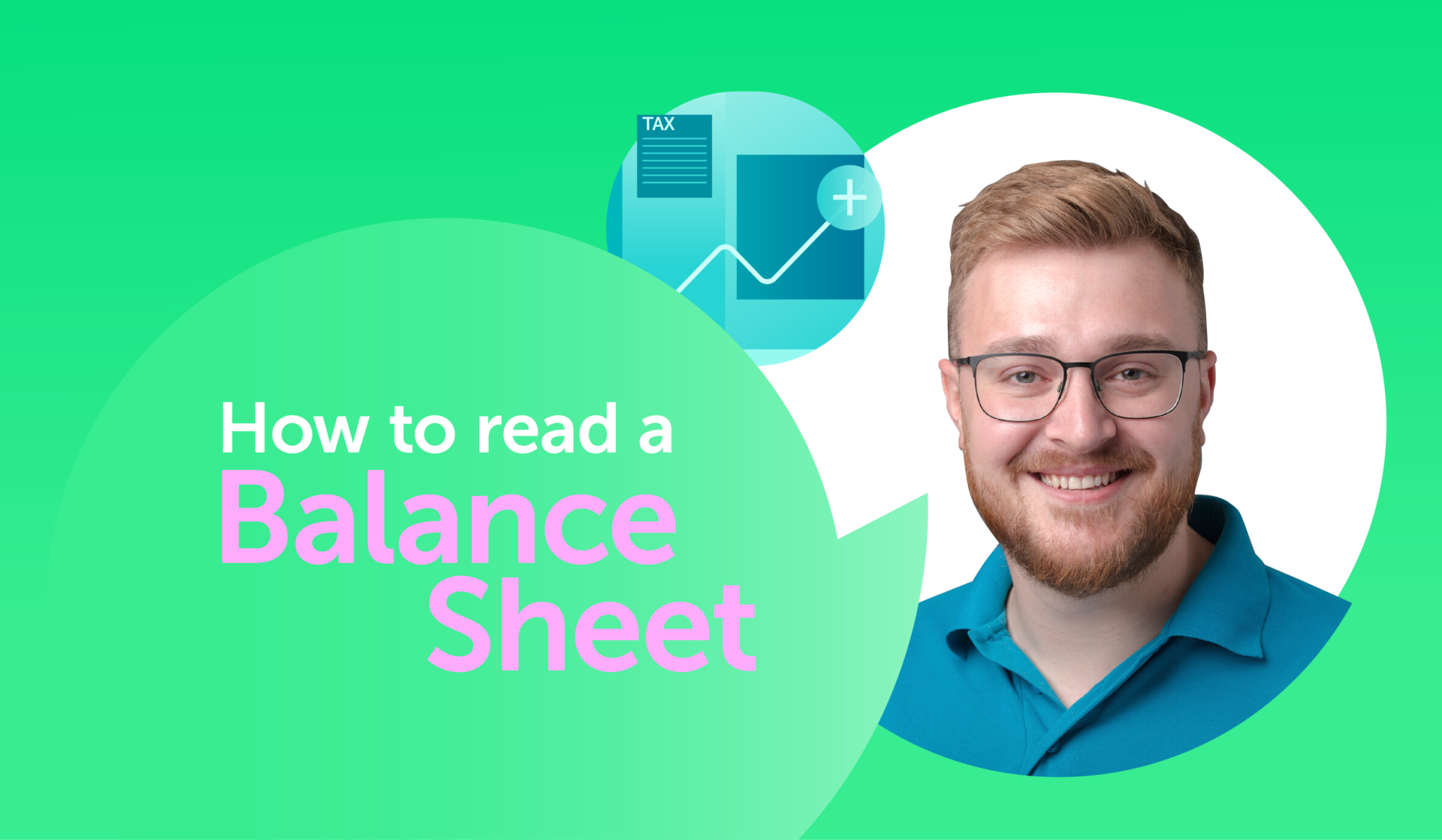
Understanding Balance Sheets: for Small Businesses
What is a balance sheet? A balance sheet is a crucial financial statement that provides a snapshot of a company’s financial health. For small businesses, understanding balance sheets is essential for making informed decisions and maintaining financial stability. In this article, we will delve into the key aspects of balance sheets and their significance to small and medium size businesses.
What is a Balance Sheet?
A balance sheet is a financial statement that summaries a company’s assets, liabilities, and shareholders’ equity at a specific point in time. It presents a snapshot of a business’s financial position, enabling you to evaluate its financial health and help determine “risk”. Assets encompass everything a business owns, while liabilities represent its obligations. Shareholders’ equity reflects the residual interest in the company’s assets after deducting liabilities. A balance sheet follows the fundamental equation: Assets – Liabilities = Shareholders’ Equity. Shareholders Equity represents monies attributed to owners of the business.
A balance sheet should always balance, hence the name “Balance Sheet”. If it does not balance, there has likely been an error made or data missing from the records.
Components of a Balance Sheet
A balance sheet consists of three main sections:
Assets
Assets are generally considered as benefits on a balance sheet, as they are defined as something which is owned by the company that can be turning into cash. Assets are split into two sub-categorise, as follows:
Current Assets – what you’d expect the company to turn into cash within a year
- Cash
- Stock
- Accounts receivable
Non-current Assets – what you’d expect to hold as a long-term investment
- Property
- Land
- Patents
- Equipment and machinery
Liabilities
Liabilities are the opposite of an asset. Instead of owning something as an asset, a liability is something the company owes. Like assets, liabilities are split into current and non-current.
Current Liabilities – what the company is liable for within a year
- Accounts payable
- Debt financing
Non-current Liabilities – more long-term obligations
- Loans
- Leases
- Deferred tax liability
Shareholders’ Equity
Shareholders’ equity is made up generally of two key areas:
- Share Capital: represents monies invested by shareholders.
- Reserves: represents earnings which the company reinvests in the business or uses to reduce debt.
The shareholders’ equity can be calculated by taking the businesses assets and subtracting it’s liabilities.
By organising these components, a balance sheet provides a comprehensive view of a business’s financial resources, obligations, and ownership structure.
Importance for Small Businesses
For small businesses, balance sheets offer several advantages. Firstly, they provide insights into the liquidity and working capital of a business, enabling entrepreneurs to assess their ability to meet short-term obligations. Secondly, they assist in securing financing as lenders often require them for loan applications. Thirdly, they aid in evaluating a company’s overall financial performance and growth potential. Small businesses can also use balance sheets to compare their financial standing with industry benchmarks, identify areas of improvement, and make informed decisions regarding investments and expansion strategies. However, looking at a balance sheet on its own has limited use. In isolation it may not be possible to provide you with an accurate picture of business performance.
Understanding balance sheets is crucial for small businesses owners to maintain financial stability and make informed decisions. By analysing the components of a balance sheet and using it as a financial tool, entrepreneurs can evaluate their company’s financial health and take necessary steps to ensure long-term success.
(E) enquiries@advaloremgroup.uk (T) 01908 219100 (W) advaloremgroup.uk







